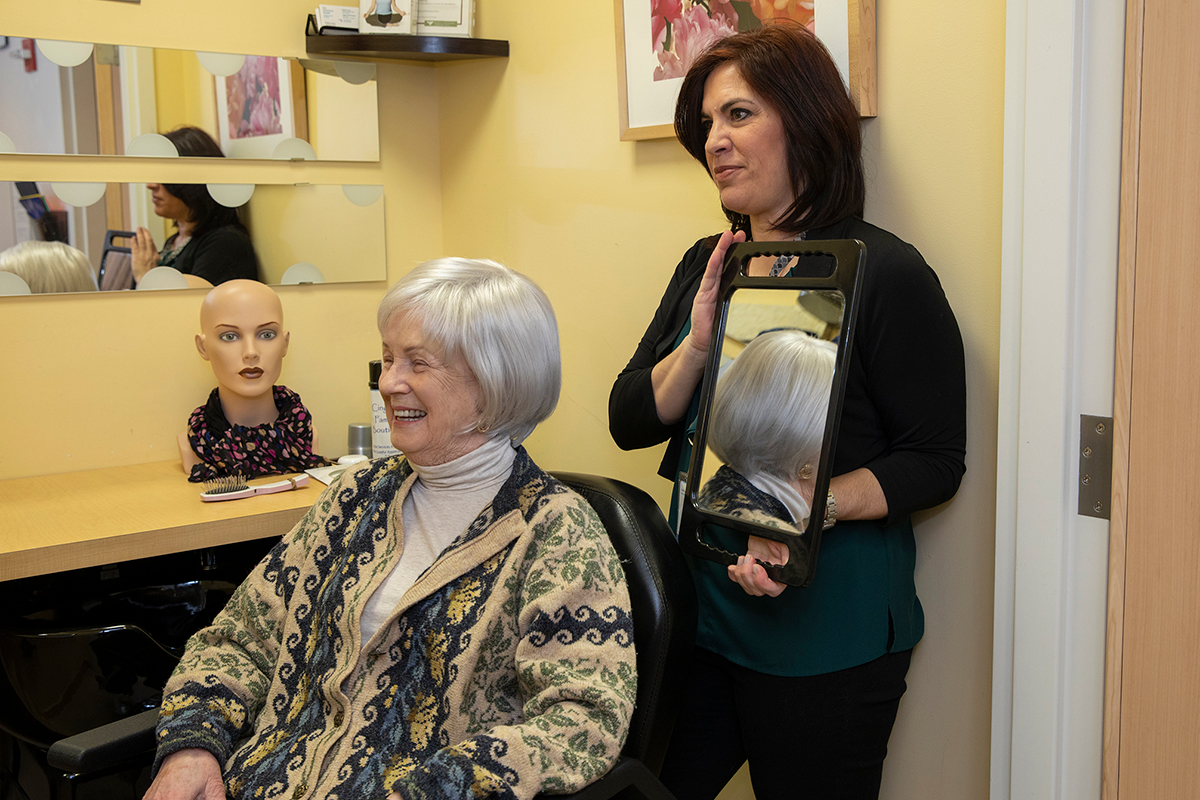For years patients had their first screening for colon cancer at age 50, but we now know earlier screenings can help save lives. The current recommendation by the American Cancer Society is for people with average risk of colorectal cancer to start regular screenings at age 45. Those with an increased risk may need to get screened even sooner.
“For the past 20 years we’ve seen a steady increase in the number of individuals who develop colorectal cancer before the age of 50,” said Xavier Llor, MD, PhD, medical director of the Colorectal Cancer Prevention Program at Smilow Cancer Hospital.
Who is at risk of colon cancer?
One of the biggest risk factors is having a family history of colorectal cancer. Dr. Llor says that nearly doubles your risk of developing colon cancer at some point. Other risk factors include:
- Smoking
- Low level of physical exercise
- Dietary factors such as too much red meat or fatty foods
- Alcohol use
- History of inflammatory bowel disease such as ulcerative colitis or Crohn’s disease
- Type 2 diabetes
If you have a higher risk of colon cancer, you should speak with your doctor, who may recommend a screening before 45. Screenings such as colonoscopy can not only detect early cancers, but they give doctors an opportunity to remove polyps in the initial stages preventing the development of cancer.
How to minimize the risk of colon cancer:
In addition to getting screened, studies show habits related to diet, weight and exercise are linked to reducing the risk of colorectal cancer. Some of these changes can include:
Eating a healthy diet: Eat lots of vegetables, fruits and whole grains while reducing the consumption of red meat such as beef, pork, and lamb. Patients should also reduce their consumption of processed meats such as hot dogs or deli meats.
Stay physically active: People who live a sedentary lifestyle have a greater chance of developing colorectal cancer. The American Heart Association recommends 30 minutes of moderate physical activity per day. If you need help starting an exercise regime, speak with your doctor who can help guide you.
Avoid Alcohol: The American Cancer Society recommends no more than two drinks a day for men and one drink a day for women. Learn more about safe alcohol consumption and what to do if you think you may need help.
Don’t smoke: Not only is smoking linked to colon cancer, but it is linked to a host of other cancers, chronic obstructive pulmonary disease or COPD, and increased risk of heart attack and stroke. If you are ready to stop smoking, the Smilow Cancer Hospital Tobacco Treatment Program tailors treatment to your situation and tobacco use history.
Learn more about colon cancer screenings.




